Here’s a compelling exclusive business report on trade fairs in Nigeria for BusinessVanguard.ng:
The Role of Trade Fairs in Nigeria’s Business Landscape
Trade fairs have become a vital economic driver in Nigeria, serving as a platform for businesses to showcase their products, attract investments, and expand their market reach. Across industries—from agriculture and manufacturing to technology and fashion—these exhibitions provide a bridge between entrepreneurs, investors, and policymakers, fostering business growth and economic development.
With Nigeria being Africa’s largest economy and home to over 200 million people, trade fairs offer businesses the opportunity to tap into a vast consumer base. These events also serve as a hub for cross-border trade, enabling foreign investors and companies to establish a presence in Nigeria.
Key Trade Fairs Shaping Nigeria’s Business Ecosystem
1. Lagos International Trade Fair (LITF)
- Organizer: Lagos Chamber of Commerce and Industry (LCCI)
- Frequency: Annual (November)
- Significance: As Nigeria’s largest and most influential trade fair, LITF attracts thousands of local and international exhibitors. It serves as a major economic event where businesses across all sectors interact, strike deals, and gain visibility.
2. Abuja International Trade Fair (AITF)
- Organizer: Abuja Chamber of Commerce and Industry (ACCI)
- Frequency: Annual (October)
- Significance: AITF is a major business networking event, facilitating business-to-business (B2B) connections and government-private sector engagements. It plays a crucial role in Nigeria’s push for economic diversification.
3. Kano International Trade Fair
- Organizer: Kano Chamber of Commerce, Industry, Mines & Agriculture (KACCIMA)
- Frequency: Annual (November)
- Significance: This fair focuses on Northern Nigeria’s commercial hub, promoting trade in agriculture, textiles, and solid minerals. It is a key platform for intra-African trade and regional partnerships.
4. Made in Nigeria Expo (MINEX)
- Organizer: Various business associations
- Frequency: Annual (varies)
- Significance: Focused on promoting local content, MINEX showcases Nigerian-made products, encouraging patronage of indigenous businesses and fostering self-sufficiency.
5. Tech and Startup Fairs
- Examples: Lagos Startup Expo, Nigeria Fintech Week, AI & Blockchain Expo
- Significance: With Nigeria’s technology sector booming, startup-focused fairs provide entrepreneurs with access to investors, mentorship, and collaboration opportunities.
The Economic Impact of Trade Fairs in Nigeria
Trade fairs contribute significantly to Nigeria’s economy through:
✅ Boosting SMEs: Small and medium-sized enterprises (SMEs) gain access to funding, exposure, and strategic partnerships.
✅ Foreign Direct Investment (FDI): International exhibitors and investors explore business opportunities in Nigeria.
✅ Employment Generation: These events create direct and indirect jobs across logistics, hospitality, media, and retail sectors.
✅ Strengthening Local Production: The promotion of ‘Made in Nigeria’ products boosts local manufacturing and reduces import dependency.
Challenges Facing Trade Fairs in Nigeria
Despite their benefits, trade fairs in Nigeria face several challenges, including:
🚧 Infrastructure Deficits: Poor roads, unstable electricity, and inadequate exhibition centers hinder seamless events.
🚧 High Cost of Participation: Many SMEs struggle with exhibition fees, limiting their ability to showcase products.
🚧 Logistics & Security Concerns: Organizers face challenges in ensuring smooth coordination and safety for exhibitors and attendees.
🚧 Limited Digital Integration: Unlike global fairs, many Nigerian trade exhibitions still lack robust online platforms for virtual participation.
The Future of Trade Fairs in Nigeria
With the African Continental Free Trade Area (AfCFTA) agreement promoting regional trade, Nigerian trade fairs are expected to attract more foreign exhibitors, leading to increased collaborations. Additionally, digital transformation is likely to play a bigger role, with virtual and hybrid trade fairs becoming more prominent.
Conclusion
Trade fairs remain a key catalyst for business expansion in Nigeria. To maximize their potential, stakeholders—including the government, chambers of commerce, and private sector players—must address existing challenges and invest in infrastructure, digitalization, and policy support.
For businesses looking to scale, trade fairs offer unparalleled access to markets, partnerships, and investments. As Nigeria continues its journey toward economic diversification, trade exhibitions will play an even greater role in shaping the country’s commercial landscape.
📌 BusinessVanguard.ng will continue to provide insights into Nigeria’s evolving trade ecosystem. Stay tuned for updates on upcoming trade fairs and market trends!




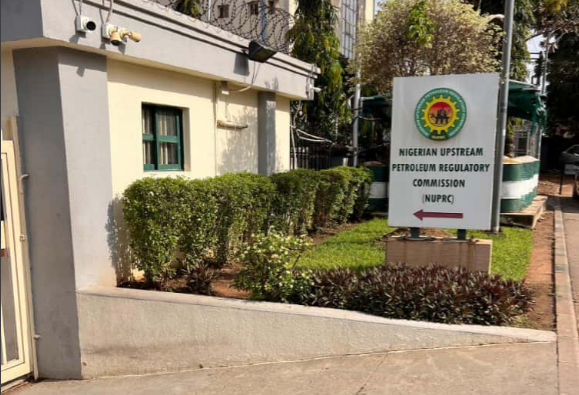
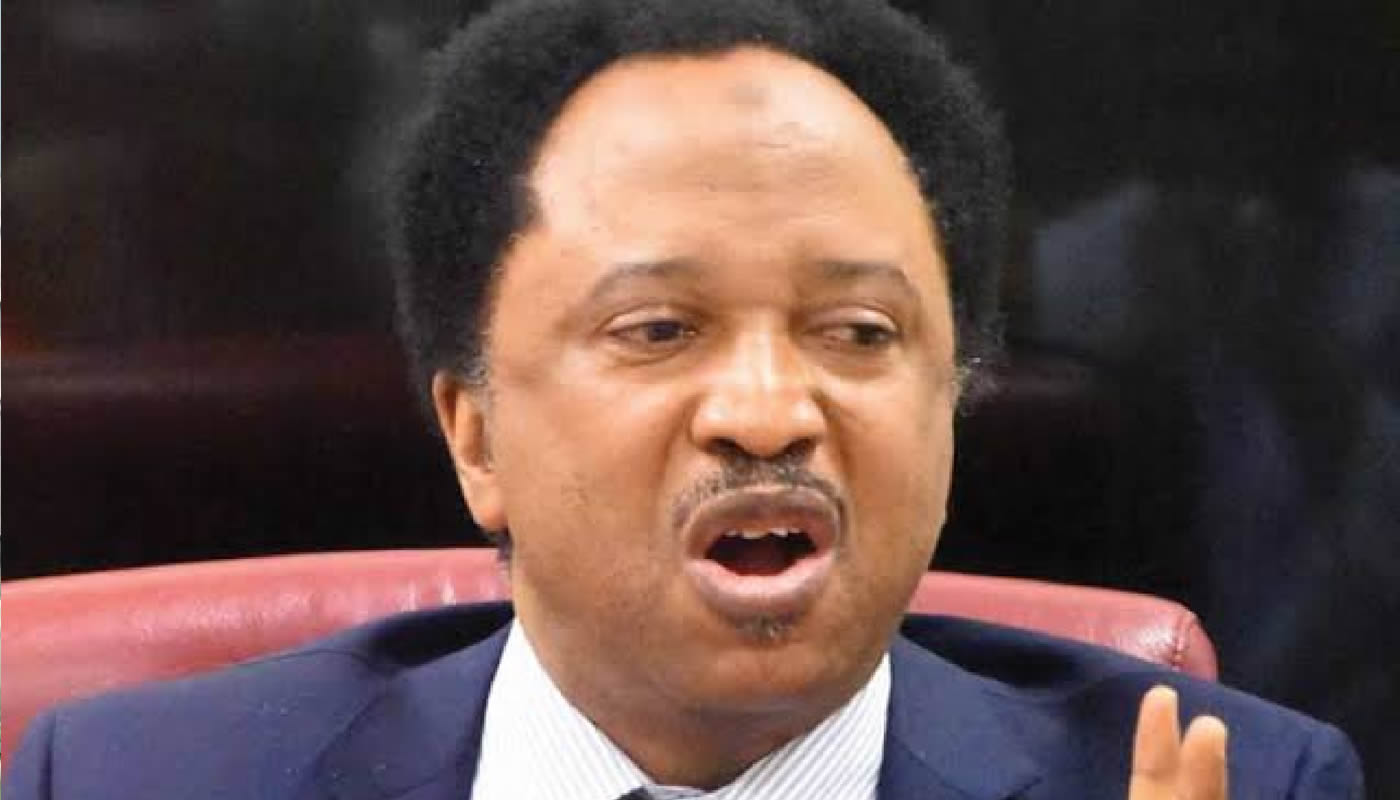
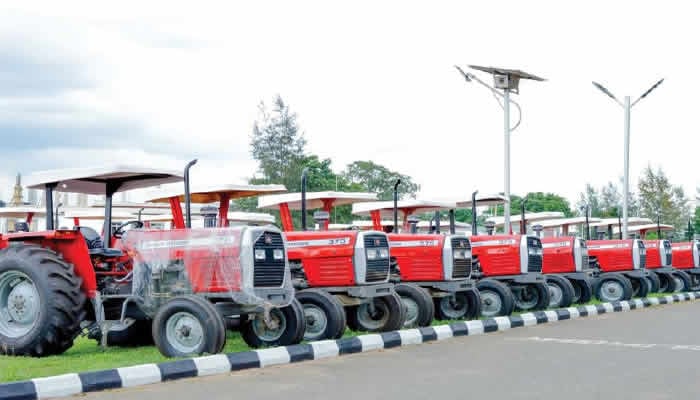
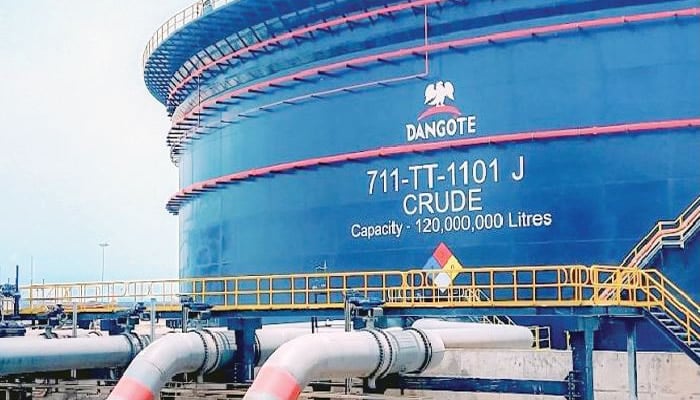
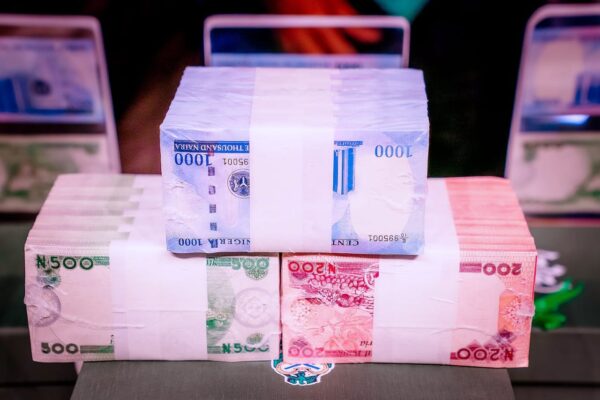
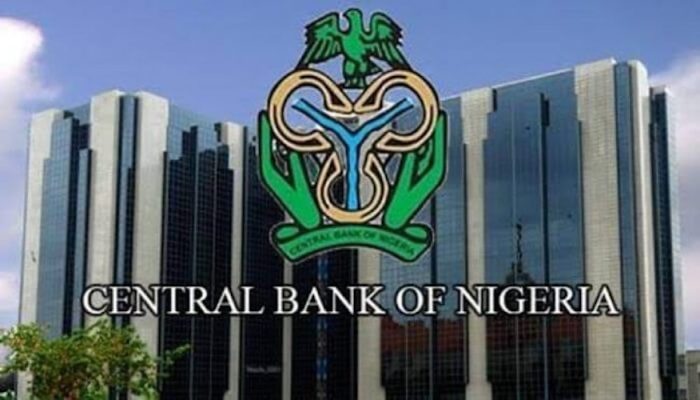

A WordPress Commenter
Hi, this is a comment.
To get started with moderating, editing, and deleting comments, please visit the Comments screen in the dashboard.
Commenter avatars come from Gravatar.